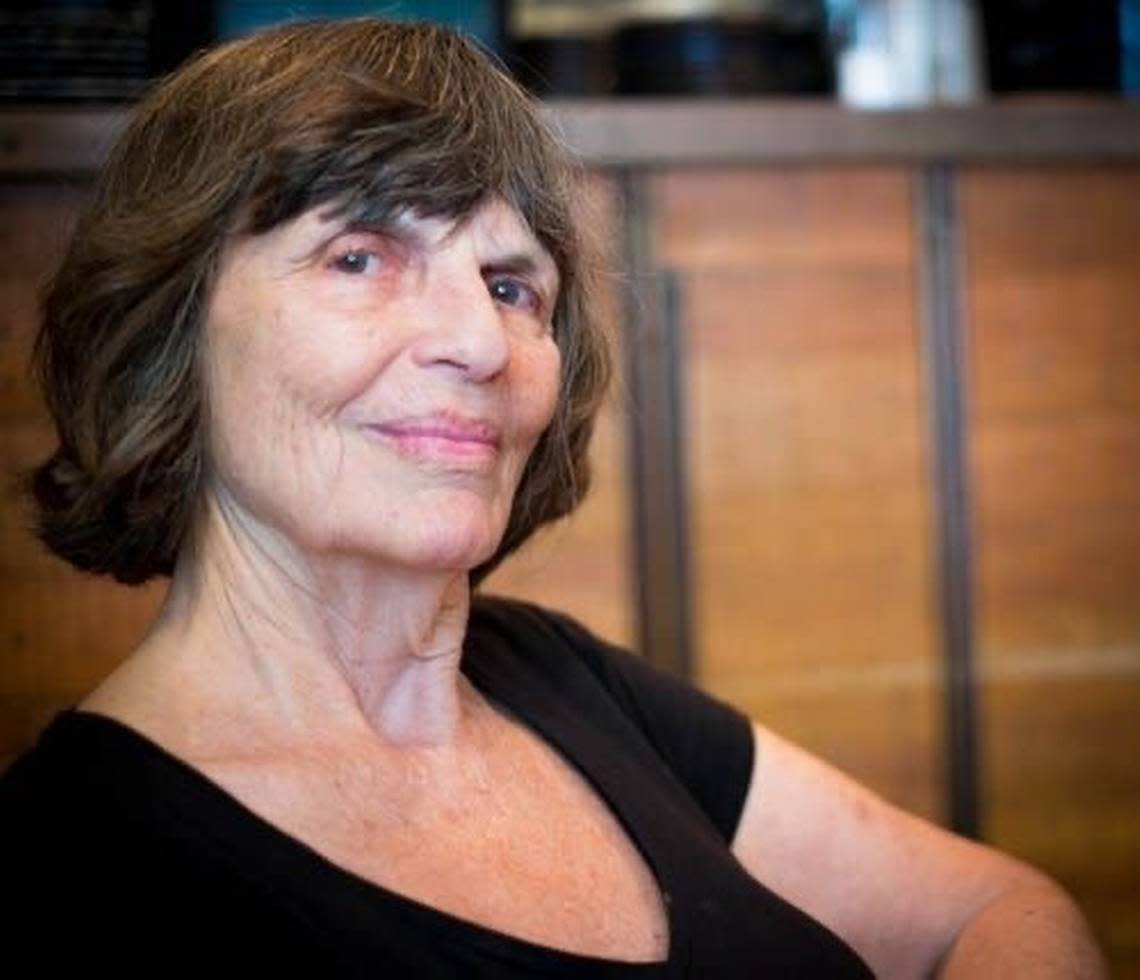My book on ‘Cuban privilege’ has been distorted. I’m setting the record straight | Guest Opinion
Florida International University’s Cuban Research Institute kindly invited me to talk about my book “Cuban Privilege: The Making of Immigrant Inequality in America,” recently published by Cambridge University. The event was to take place off-campus at a bookstore.
Sadly, what transpired was nasty, toxic, disrespectful, and premised on disinformation.
The book, based on six years of scholarly research and writing, details Cuban, along with Haitian, immigration policies that successive presidents, Republican and Democrats alike, implemented, beginning with Eisenhower. The book also describes relevant immigration legislation Congress enacted since 1959. It highlights unique benefits granted Cubans, but rarely Haitians, over the years.
I have given several book-based talks around the country. My experience in Miami was unique. Shortly before arriving in the city to give my presentation, a recently elected Miami-Dade County commissioner accused me of writing hate-filled, inflammatory, anti-Cuban rhetoric and of repeating the Castro regime’s talking points. These accusations are all ill-founded, and the commissioner subsequently acknowledged that he had not read the book — but not before unleashing outrage among many Cuban Americans and a call for a protest of my talk.
The bookstore could not accommodate the demand to attend the talk. Under the circumstances, the Cuban Research Institute explored the possibility of FIU hosting it. Amid the politicization, the FIU administration pursued a way to honor freedom of speech and academic freedom. It arranged for extensive security.
However, it also insisted on a Cuban-American commentator who used the opportunity to spend about 90% of his time not addressing the topic of my book. Instead, he talked about human-rights abuses in Cuba, abuses that he was justified to criticize, but that were inappropriate for a talk about a book focusing explicitly on U.S. Cuban and Haitian immigration policy.
Then, disappointingly, I was not given the opportunity to rebut points he made that were inaccurate, inappropriate and designed to discredit me and my book. Typically, an author is given the opportunity to respond to critics. Fortunately, the question-and-answer portion elicited a broader range of responses.
In the context of the talk, and coverage of it, I was accused of claiming Cubans not to be exiles or refugees. That is a misrepresentation. Indeed, I do refer to them as exiles. In addition, I call them refugees when the term comports with federal criteria.
Detailing policies under successive presidential administrations, from Eisenhower to Biden, I discuss times that Washington recognized Cubans as exiles. I also detail times when Cubans were admitted to the United States in accordance with official criteria for refugee admissions and times when Washington treated Cubans as refugees when recognizing them not to meet the official definition, enshrined in the Refugee Act of 1980, on which Washington bases refugee admissions.
I am most appreciative of the Dec. 13 Miami Herald op-ed “Cuban exiles benefited from the privilege of opportunity in this country,” which Eduardo Padrón wrote on behalf of Facts About Cuban Exiles, following my talk. He spoke of “Cuban opportunities.” That indeed summarizes what I describe in chapter after chapter of my book: unique opportunities granted Cubans, but not Haitians, who also fled horrific conditions and who arrived at the same time as Cubans. In turn, in the book I describe how Cubans made good use of their opportunities and gave back to America economically, culturally and politically (detailed also in my book “The Immigrant Divide: How Cuban Americans Changed the US and Their Homeland”).
I am sympathetic to the suffering many Cubans experienced, in no small part because my family suffered persecution and imprisonment, had to flee their homeland for their lives, were forced to become stateless and had relatives who were murdered. Happily, Cuban Americans in Miami have not let their pain keep them from contributing to making America the great country it is.
Although certain politicians misrepresented my book, I trust most Cuban Americans recognize the special opportunities they received. My book should not be used to manipulate the trauma some experienced to score political points.
Susan Eckstein is a professor at Pardee School of Global Studies, Boston University.

